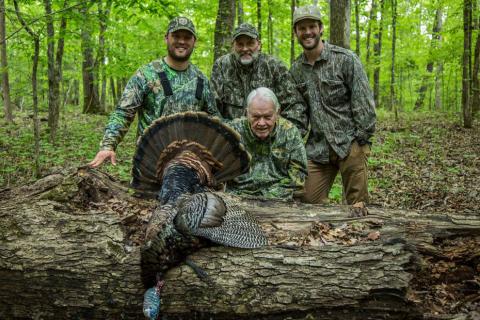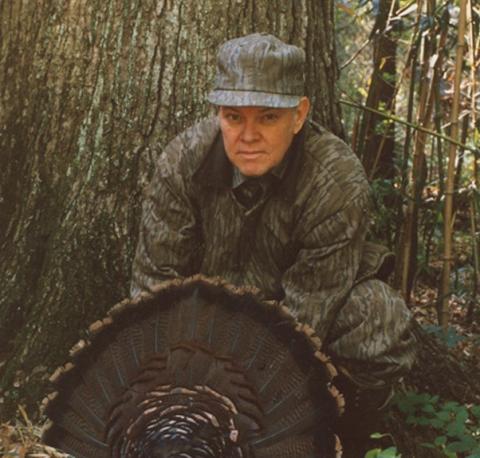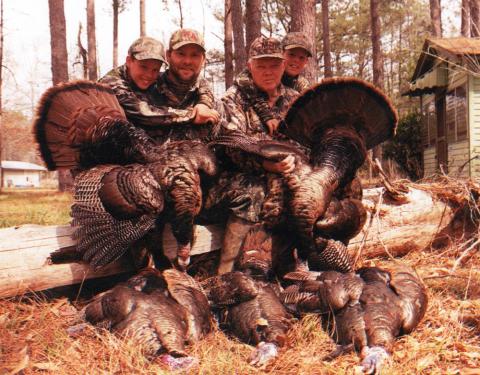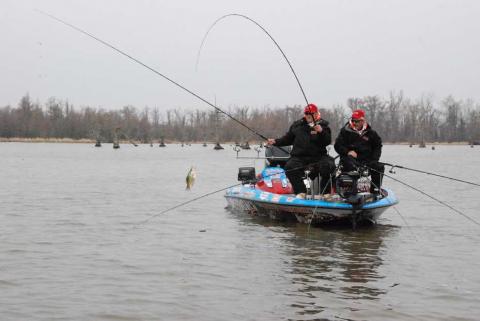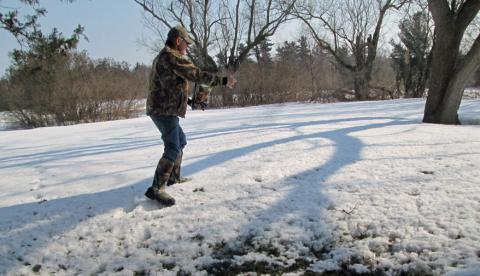Greg Tinsley
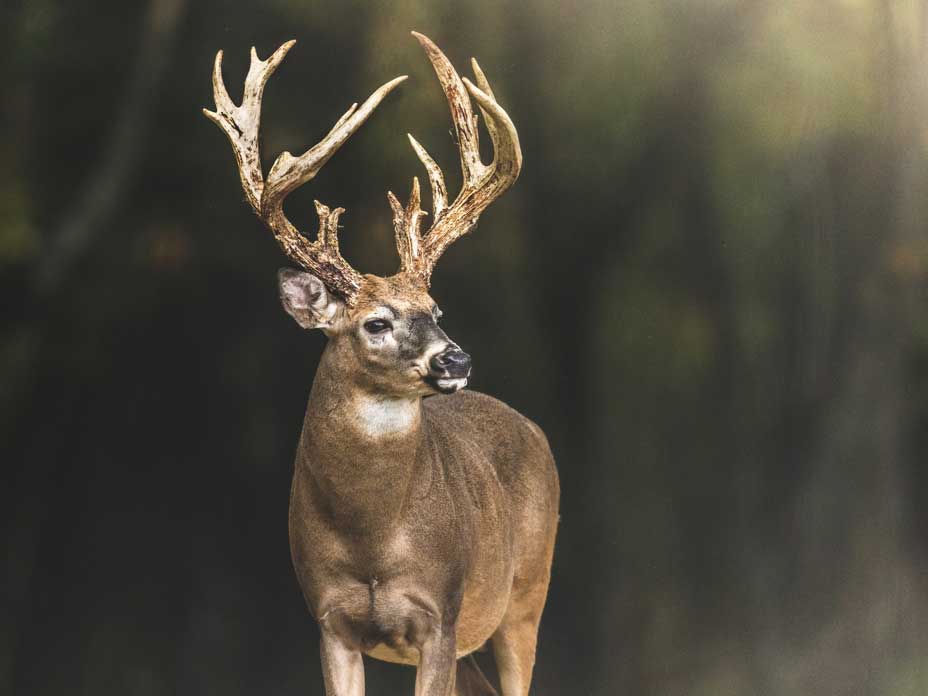
Our love for the whitetail deer, America’s #1 No-Vote big-game animal, widely exceeds mediocre gun dogs and some horses. And sprinkled across all but a few of these 50 states of America, physically hidden within the pantheon of whitetail greatness, lies a much smaller number of these gems – a species within a species – the bucks by which dreams are made.
Once the smoke from frontier rifles settled on the rousing trade in their venison and their skins, whitetails emerged brightly to science-based conservation, adapting and overachieving to their newest of the New Worlds. Today, mature whitetails are surgically honed super animals to the 100 millionth generation.
All whitetail bucks reach maturity with the smarts, the stamina, the tenacity and the luck of an ambidextrous knife fighter. The most solitary and nocturnal of the big monsters – matched with class-superior physical tools – occasionally earn un-killable labels. These are the warlocks who provide living proof that ghosts do exist.
Annually, however, Mother Earth begins her tilt away from the sun. The astrophysics of that special light angling across her curvatures unleashes a brief season of whitetail chaos. With “reckless abandon,” bucks literally “crawl out of the woodwork.” Big picture. Vocalizations peak to mix with the sounds of meshing antlers, the crashing of leaves, the partings of swamp waters. Survival of the fittest.
In this season of rutting, bucks match all that they are to every risk entire. And the world’s largest concentration of hunters mobilizes to meet them, to experience them, to see with their own eyes what most others cannot even conceive.
Writing experts, those with the most advanced letters in nuance, suggest that perfect is now the most overused and misused word of the English language. Beyond the Godly works there is no such thing as perfect, they explain. Clearly these writing masters have little experience with rutting whitetails.

Nor are those scholars familiar with the outdoor prose of Thomas McIntyre.
Tom or Mac or Tommy-Mac, as he is known among some friends, is the singular of the Maecenas-class of the outdoor press. Shakespeare incarnate – a big-game fixed blade riding his cartridge belt, a rifle smelling of black walnut, meat and gun oil high on his shoulder. Frighteningly well-studied, a near-complete intellectual package, Mac is the practiced perfectionist banging relentlessly against the imperfections of writing to deadline.
For hunting adventure, from among a generation of solidly professional outdoor storytellers, he remains the ultimate hombre, with a trove of immemorial work to prove it.
Now many years ago, on the heels of a Magnitude I southern-style brunch, Tom fell sound asleep in his chair among a sizeable group of lesser writers. It was a Mossy Oak camp featuring ducks, deer and a few sessions with professional wildlife lecturers. Midway through these formal presentations, we lost the great writer to jetlag, a very short night and the aforementioned ham-gravy rodeo.
His sleep breathing was gentle, at first. But only a prelude to the Augustan rumble of twin glass-pack pipes. From there he rimmed into a full Roman Sertorius, on his way to dismantling the very fabric of gravity and space.
All of the lecturing was immediately concluded, and southern etiquette quickly prevailed:
We each tipped into the adjoining dining room to refill our sweet teas and build extra bacon biscuits for the long afternoon, quietly marveling at the Unlimited Literary Bear in exhausted repose.
I’d like to think that he dreamt of the perfection of rutting whitetails. That’s where we were, what we were doing. More likely, knowing Tom, he was working out the wind on a moving black wall of Cape buffaloes, or subconsciously rewiring the second transition in an essay about belted magnums.
What can be said is that Thomas McIntyre (1952-2022) wrote thousands of shortform masterpieces and many notable books, to include his terrific Dreaming the Lion.
Rest in peace, amigo, and Happy Trails.



















